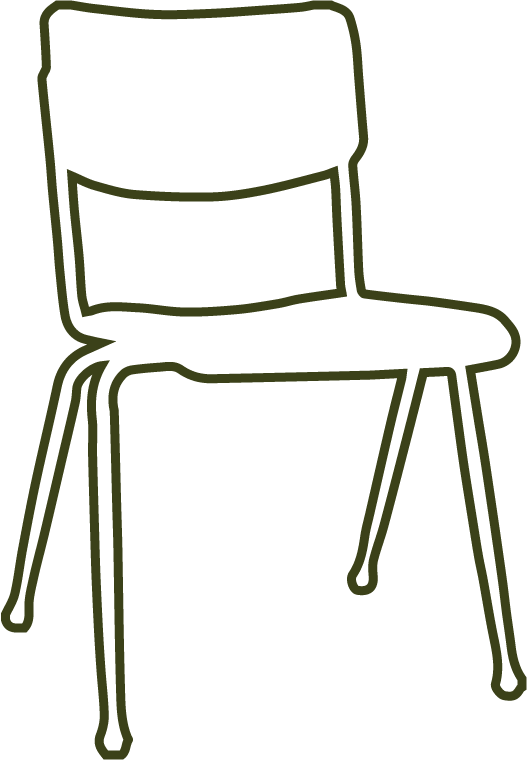Inseparable from grief and rage is a profound, wrenching, far-from-sentimental affirmation of the beauty and wonder of nature, of human life.
—Sharon Welch, A Feminist Ethic of Risk
In the oldest Italian Tarot deck, the Wheel of Fortune shows four figures, each in a quadrant of the cosmic wheel around a blindfolded figure at the center. Moving clockwise, the text translates from the Latin: “I do reign,” “I have reigned,” “I am without reign,” “I will reign”; or, more loosely, “I act,” “I have acted,” “I am acted upon,” “I will act.” This cyclical view of time resonates for me both ecologically and experientially: in a dialectic of living and learning I see myself and my co-travelers in these cards, as we enact, let go, are acted upon, move to enact. Each stage is haunted by the others, as Gordon suggests, altering “the experience of being in linear time,” “the way we normally separate and sequence the past, the present and the future.”Gordon, “Thoughts,” 2. Acknowledging the porosity of time, the fluidity of temporality, cues the recurrence of trauma, where narratives of extreme vulnerability are inadvertently tripped, or invited in as part of a reparative process.
In moving toward a pedagogy that is responsive and responsible to the complexly recursive and interrelated strata of our lives, I am helped by one of Anne’s students, whose study of trauma led him to an “invitation to consider the (im)possibilities of radical vulnerability,” to create “dangerously under such conditions, wherein the personal narrative is a political act of resistance.”samuel.terry, “Matter,” May 11, 2014 (3:08 a.m.). Leakage into our dwellings, spectral presences, scars puckering our skin are all powerful reminders that none of us is separate, nothing we do finished, that radical vulnerability can be a source of connection, learning, consequence.
Butler writes of coming into being as interbeing, and of relationality as responsibility:
I am wounded, and I find that the wound itself testifies to the fact that I am impressionable, given over to the Other in ways that I cannot fully predict or control. I cannot think the question of responsibility alone, in isolation from the Other; if I do, I have taken myself out of the relational bind that frames the problem of responsibility from the start.Butler, Precarious Life, 46.
In this vein, “leak” shares antecedents with “lack,” a term Jacques Lacan uses to signify a shared human hunger for full existence that impels us toward each other.Jacques Lacan, “The Direction of the Treatment and the Principle of Its Power,” in Ecrits: A Selection, trans. Bruce Fink. (New York: W.W. Norton & Company, 2002), 215–70. Articulation of this lack, and of the desire that fuels it, can be frightening, and also can cast skeins of connection, drawing us together. In our work together, this may emerge as a quickening when students realize that the “personal” and the “academic” are not ultimately separate: in the wordless connection of the Confederate flag group; in the struggle to respond to Liana’s pain; in the flash of the students’ exhibit.
Leakage, though seldom welcome, is always a possibility. It will seep through, softening edges, sometimes eradicating boundaries; this can induce withdrawal to a drier, safer space; can also catalyze insights, connections. My co-teachers and I share and draw on the lack that is also desire, as we look for ways to accompany our students, release the reins of separation and control, attend closely to and respect the gaps between enacting and re-enacting. As represented in the Wheel of Fortune, acting is haunted by absence, desire by lack, strength by leakage. Authority leaks, becomes a lack that may be experienced as a wound and also gives rise to desire.
To be responsible, pedagogy must know itself as happening in the midst of vulnerability, relationality, and unpredictability; it would be irresponsible to assume otherwise. Responsible pedagogy must include multiple points of entry, access, exit, and interconnection: no guarantees, but a commitment to bringing a discerning, loving presence that supports others in work that can be scary, messy, overwhelming, and also compelling and deeply connective. This work is specific and real, grounded in desire and in daily efforts at recognition. Touched always by what is leaking and haunting, past and still present, recognition and response-ability can move us toward each other, prompt us to reach, and take up what we don’t yet know.
